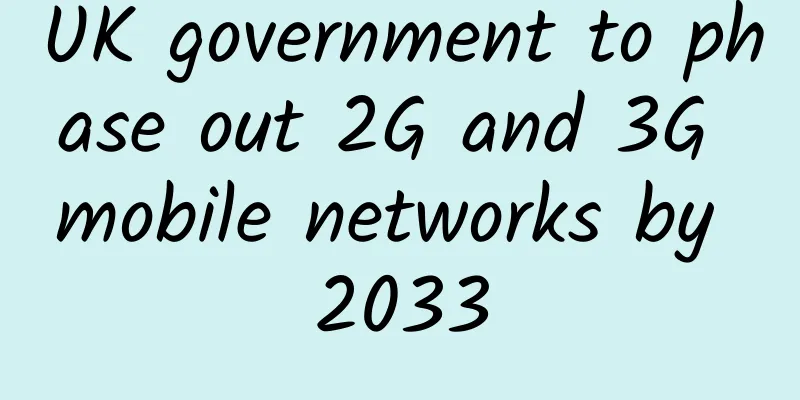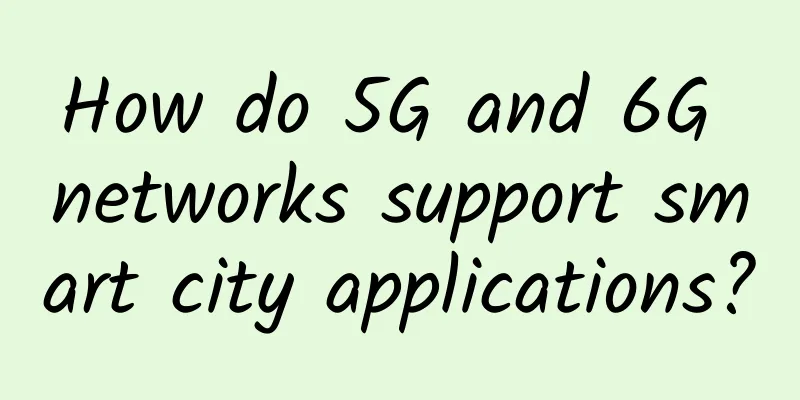UK government to phase out 2G and 3G mobile networks by 2033

|
Britain said on the 8th that it will gradually phase out 2G and 3G mobile networks by 2033, freeing up radio waves for 5G and eventually 6G services to power technologies such as driverless cars, drones and virtual reality.
The government said all four UK broadcasters - EE (BT.L), Vodafone (VOD.L), O2 (TEF.MC) and Three (0215.HK) - had agreed to the timetable. The government said setting end dates for 2G and 3G services would make it easier for new equipment makers to enter the market because they would not have to support legacy technology. Huawei is backing the development of open radio access networks (RAN) technology as it looks to end its reliance on a handful of suppliers after China’s Huawei was banned from new networks last year. Nadine Dorries, the Digital Secretary General who is visiting the United States, announced on the 8th that an additional £50 million (US$66.2 million) will be provided for the Open RAN project. |
<<: Can IPFS become the next generation Internet protocol?
>>: The three major operators are accelerating their computing power
Recommend
How to determine whether the protocol is Websocket in Http Header
[[398343]] This article is reprinted from the WeC...
The Ministry of Industry and Information Technology stated: Promote the development of dual-gigabit networks represented by 5G and optical fiber
China has made some achievements in 5G developmen...
Maxthon Hosting 20% off, Hong Kong High Defense VPS monthly payment starts from 160 yuan, 20-50Gbps protection, dual IP
There are many merchants selling Hong Kong VPS, b...
How is LOCVPS? Simple test of LOCVPS Hong Kong Tai Po VPS
Last month, we conducted a simple test on LOCVPS ...
LOCVPS newly launched Hong Kong MG high bandwidth line, 20% off, starting from 29.6 yuan/month, recharge 100 yuan and get 10 yuan
LOCVPS has newly launched a Hong Kong MG (BGP/Int...
MoeCloud Anniversary: 30% off down payment for KVM on CN2 line in London/San Jose, 15% off permanently
MoeCloud is a Chinese VPS hosting company establi...
PacificRack Chinese Valentine's Day discount: $13.14/year KVM-2GB/60GB/1TB/Los Angeles data center
PacificRack, referred to as PR, is a site under Q...
Huawei Mate X is a new species. You think foldable phones are simple!
In the mobile phone industry in 2019, foldable sc...
Network upgrades you should consider in 2021
As 2020 winds down and the new year dawns, it pro...
Sharktech: Los Angeles high-defense 1Gbps unlimited traffic server $59/month, E5 high-defense 1Gbps unlimited traffic server $99/month
Sharktech is an old computer room established in ...
Is the golden mean the way to go in data centers? CommScope's new products help maximize data center network effectiveness
[Original article from 51CTO.com] After years of ...
QQ and WeChat will realize IPv6 transformation within this year. Why Tencent embraces IPv6
[[255035]] On January 7, Tencent Cloud Vice Presi...
The communication AI market will reach $38.8 billion in 2031. The integration of 5G/6G and AI can bring multiple benefits.
The global deployment of 4G and 5G is faster than...
GreenCloudVPS Kansas node is online, 2G memory package starts at $15 per year
GreenCloudVPS has launched its 30th data center p...
Broadband speed-up guide: It is difficult to experience a free 200M broadband speed-up
As early as the World Telecommunication Day event...









